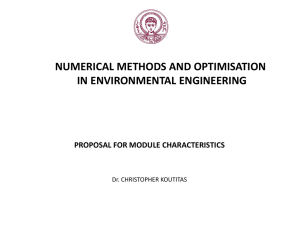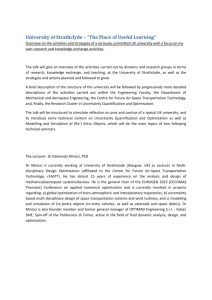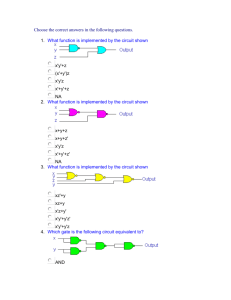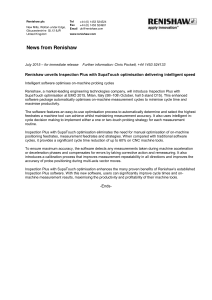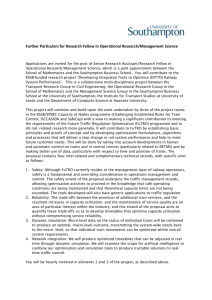Nov 24: Simon Bale (CAST)
advertisement
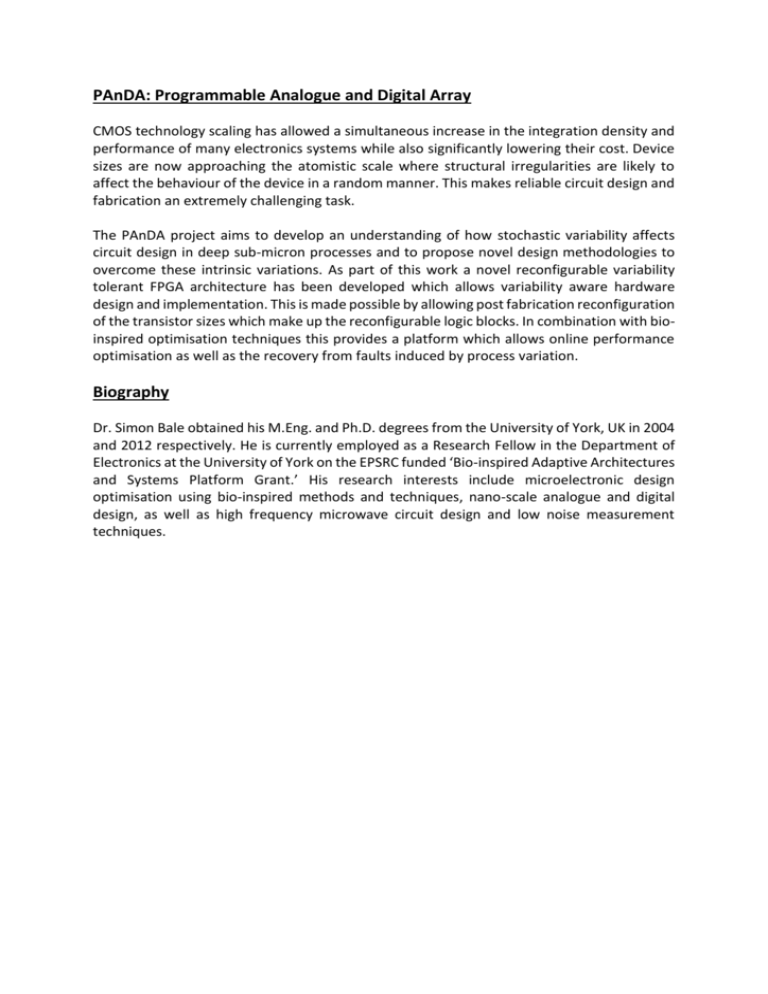
PAnDA: Programmable Analogue and Digital Array CMOS technology scaling has allowed a simultaneous increase in the integration density and performance of many electronics systems while also significantly lowering their cost. Device sizes are now approaching the atomistic scale where structural irregularities are likely to affect the behaviour of the device in a random manner. This makes reliable circuit design and fabrication an extremely challenging task. The PAnDA project aims to develop an understanding of how stochastic variability affects circuit design in deep sub-micron processes and to propose novel design methodologies to overcome these intrinsic variations. As part of this work a novel reconfigurable variability tolerant FPGA architecture has been developed which allows variability aware hardware design and implementation. This is made possible by allowing post fabrication reconfiguration of the transistor sizes which make up the reconfigurable logic blocks. In combination with bioinspired optimisation techniques this provides a platform which allows online performance optimisation as well as the recovery from faults induced by process variation. Biography Dr. Simon Bale obtained his M.Eng. and Ph.D. degrees from the University of York, UK in 2004 and 2012 respectively. He is currently employed as a Research Fellow in the Department of Electronics at the University of York on the EPSRC funded ‘Bio-inspired Adaptive Architectures and Systems Platform Grant.’ His research interests include microelectronic design optimisation using bio-inspired methods and techniques, nano-scale analogue and digital design, as well as high frequency microwave circuit design and low noise measurement techniques.


